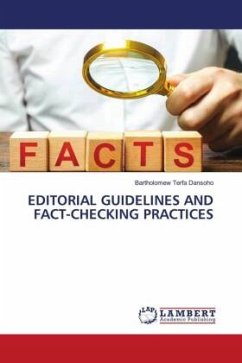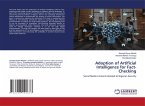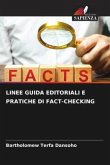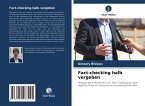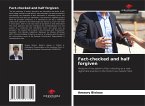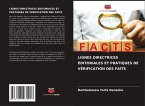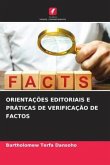In today's information-rich era, media integrity is crucial due to the rapid spread of misinformation. "Editorial Guidelines and Fact-Checking Practices" explores how these elements support journalistic ethics, accuracy, and public trust. Using Agenda-Setting and Gatekeeping theories, the study examines media's role in shaping public discourse through content selection and verification. A qualitative approach, involving a literature review, reveals that editorial guidelines promote ethics and transparency, while fact-checking mitigates misinformation, enhancing credibility and trust. The study concludes that high editorial standards and robust fact-checking are essential. It recommends establishing dedicated fact-checking teams and collaborating with fact-checking networks to combat misinformation.
Bitte wählen Sie Ihr Anliegen aus.
Rechnungen
Retourenschein anfordern
Bestellstatus
Storno

